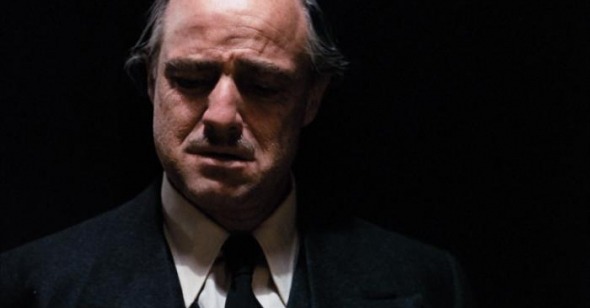We’ve probably all done it. Faced with a deadline and a film to be reckoned, it’s not uncommon to find an easy path to the necessary word count through the introduction of information about films we may not have actually seen. Maybe it’s just a brief sentence on an obscure filmmaker’s earlier work for context, or a reference to some classic film we know by heart through cultural proxy. Oftentimes this kind of stuff goes unnoticed, in others it feels riddled with all the authenticity of platinum dye job, but in the face of an art form that’s continually producing more and more all over, what else can we do? This just betrays the (wholly natural) impulse to provide the most information from the most seemingly informed perspective possible—we are trying to make arguments. But for all the true rarities that there’s never even time to think about seeing, every film lover has a selection of embarrassing skeletons in their closets, those universally lauded classics, firmly ensconced in canons high and low, that remain unseen, usually for a variety of reasons. You don’t often find mainstream critics admitting that they haven’t seen The Godfather or Bicycle Thieves or King Kong or Vertigo, but in all surety, they’re out there.
Admittedly, most of the writers here at Reverse Shot have degrees in some area of film, whether in theory, history, or production, and thus acknowledging these gaps is particularly smarting. Yet also most of are doubly disadvantaged—not only are the majority of us well below the average film critic age, but most of us also hold down steady work that keeps us from having the time to catch up on all the films we could have been watching had we been born 30 years earlier. It’s a double bind, and we do what we can—catch a few films at a retro here, Netflix there, but at a certain point, I think many of us have come to grips with the fact that, no, we’re just not going to be able to see them all. But that doesn’t stop us from giving it a go. In an effort to try to further break down specious barriers between our readers and writers, we present this issue as something of confessional. Yes, we’ll admit it—there are those among us who’ve never seen The Godfather, Bicycle Thieves, King Kong, or Vertigo, so here we are, giving old films the freshest looks we can in the face an orthodoxy that quietly suggests we shouldn’t and the weight of history surrounding each that’s already placed them on pedestals. Again, a confession: We don’t know everything there is to know about movies, and that’s fine by us—if we did we wouldn’t have any reason to keep watching.
Of course there are infinite traps one could fall into when writing in this manner; and does this project necessitate preemptive strike on those pitfalls or should one wholeheartedly embrace them? How can one go about writing “unbiased,” serious criticism on a work of art that’s been digested and regurgitated anywhere from the past 10 to 90 years? We felt the best way to avoid some of those inevitable biases that come with film writing (completists’ slants towards favorite auteur’s “one that got away,” first sit-throughs after heavy duty cinema studies scholarship) was by allowing each writer to “fess up” with a list of 10 or so canonical films that they had never actually seen and then allow us, their humble editors, to select the best film for them, which also allowed both for a nice variety in the issue as well as an opportunity to play to the individual writers’ strengths. Can one truly wrestle with a film that’s widely considered “great”? And how does one deal with that stamp of approval, especially when trying to say something “new”?
Thankfully, the responses were wide-ranging, and the variety was impeccable. Most surprising was the content of the pieces themselves, which ranged from anecdotal to historical, from personal to political. Where else could there be a viewing of Birth of a Nation as informed by the events of Hurricane Katrina? Or the realization that Bicycle Thieves’s cine-sociological impact is still being felt half a world away in Iran? Some writers have overcome their distrusts and fears, whether toward gore or John Ford, while others have had to question the epochal limits of comedy (The Great Dictator) and visual effects (King Kong). There’s no reason we shouldn’t have seen these films before, but there’s also no reason to continue our charade. So for this season, we fess up. We all learned something new; hopefully it will encourage you to go out and finally brush up on your Feuillade as well as your Shawshank Redemption.
